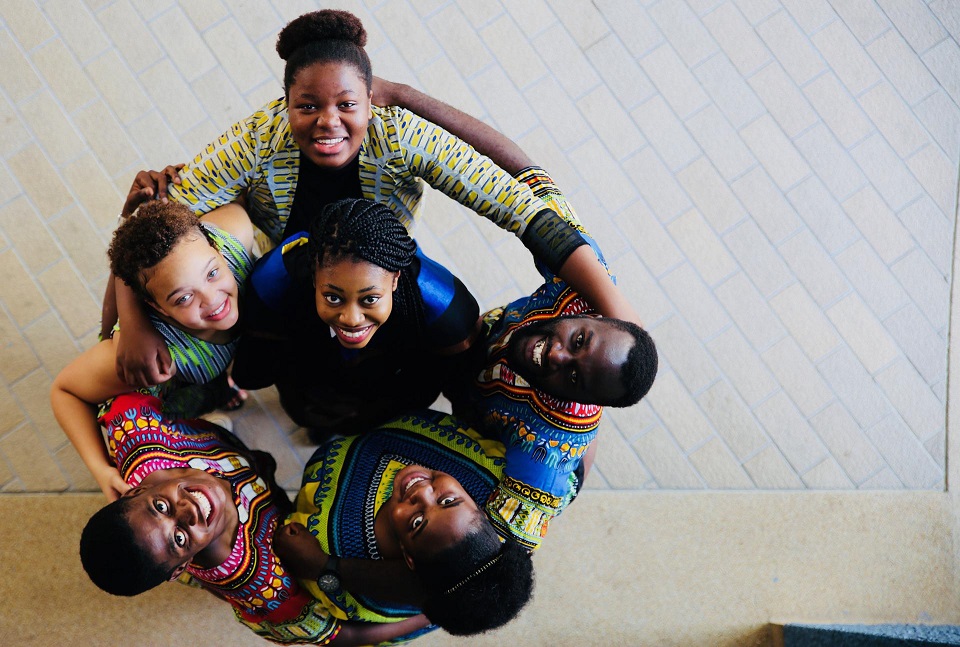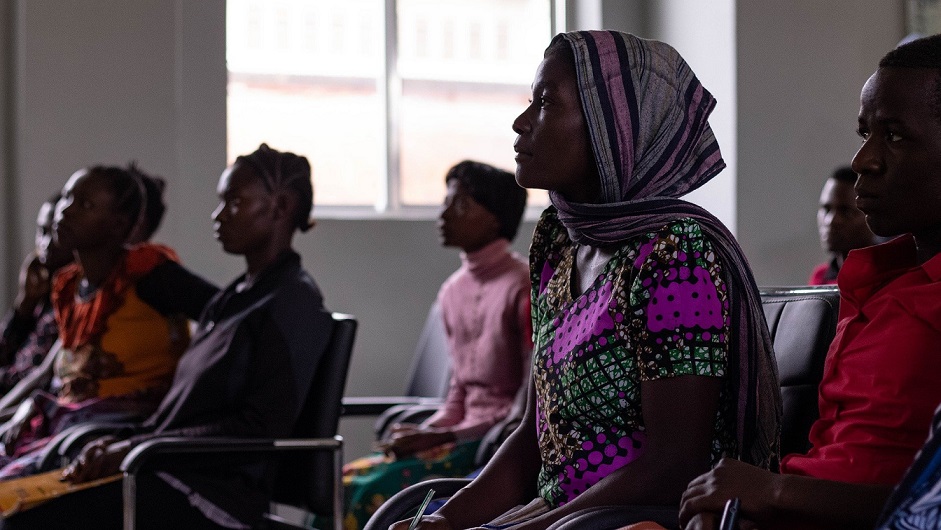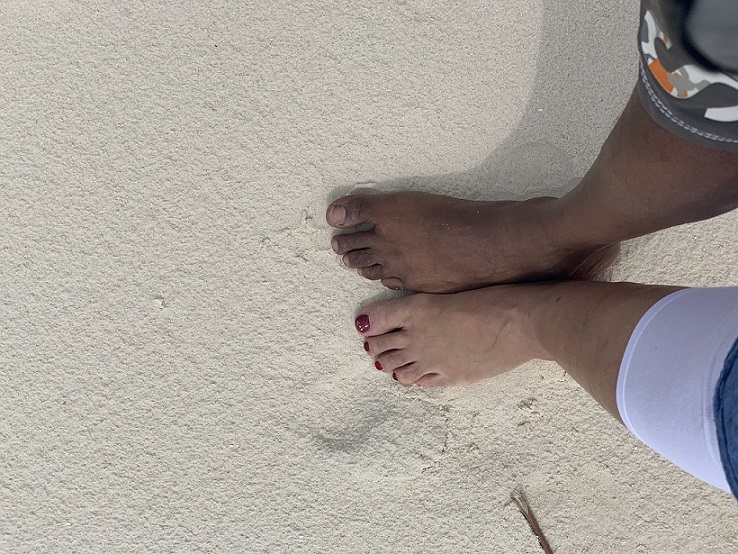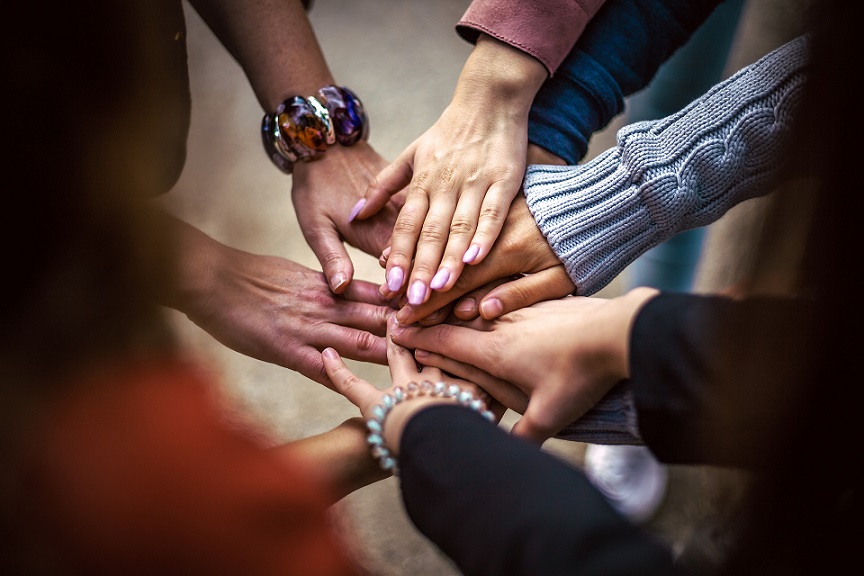The answer to this question must surely be ‘yes’. This is true, even if it is an involuntary one.
.
 Nigel Pocock
Nigel Pocock
.
Only the very long-term future, hundreds of years hence, when then is likely to be a monoculture, and everyone looks the same – or a total restriction on immigration (as in Japan or deep in the African or Brazilian jungle) – represent scenarios with no multicultural societies. And everyone looks the same!
So what kind of future do we envisage in Britain, over the next generation (25 years)?
Like ‘ethnicity’ we are likely to be dealing with a changing definition. Multiculturalism is fluid and culturally relative.
This is suggested by Karl Popper’s famous formula, P ” T T ” TS ” P², where P = problem to be solved, T T the theory proposed to solve it, TS the trial solution, P² the result of the trial, which in turn becomes a new problem that needs sharpening, as no solution is absolute.
This, of course, presumes that people are facing the problem with a desire to resolve it.
The problem here is that of a multiculturalism arising from immigration. The situation is that there exists a spectrum of immigrants, ranging from (1) those who are integrated and share in the national identity, (2) those with a hybrid identity, (3) those who are in a sheltered cultural enclave, and who are opposed to or who do not want or are unable to share this identity in any way.
 These lie on a spectrum or continuum of shared to unshared identity and commensurate socialisation or lack of it.
These lie on a spectrum or continuum of shared to unshared identity and commensurate socialisation or lack of it.
Such socially-constructed worlds are likely to be highly correlated to generational status, language and cultural acquisition. These, in turn, are related to education and belief systems.
A combination of theocratic beliefs that are predestinarian (a blissful future state that God will bring in), together with poor self-esteem, itself linked to a history of economic collapse in the culture of origin, a longing for a great past, militarism, and autocratic rule (including parenting), are all likely to play a part, especially in an aggressive or counter-cultural response on the part of some immigrant groups.
These latter groups will happily use a ‘means to an end’ ideology (whether materialist or theocratic), and will not share the core beliefs of the nation-state, especially of democracy and the legal processes that uphold it.
But it must be said that home-grown totalitarian groups, whether of right or left, are pretty much the same.
So what can a democratic government do about this? Small groups (2½% in one analysis) can potentially be agents for social change. An open society takes the risk that such people will exploit this very openness. Various theories have been proposed to resolve the problem.
 Again, we have three main options : (1) stop all immigration (and remove all possible barriers to voluntary integration—forced integration is likely to increase resistance); (2) have some controls on immigration, with due consideration of the ‘needs’ of the nation-state, and the countries of origin; (3) adopt a laissez-faire, open door policy, with no controls (except for criminals). The first of these is unrealistic, as all democratic modern economies need to share expertise internationally, to their advantage.
Again, we have three main options : (1) stop all immigration (and remove all possible barriers to voluntary integration—forced integration is likely to increase resistance); (2) have some controls on immigration, with due consideration of the ‘needs’ of the nation-state, and the countries of origin; (3) adopt a laissez-faire, open door policy, with no controls (except for criminals). The first of these is unrealistic, as all democratic modern economies need to share expertise internationally, to their advantage.
The second is the most realistic, with a very wide range of interpretation. The last is controversial, and is rooted in unrealistic application of human rights doctrines. Moral considerations are all important in arriving at a strategy. What is the effect going to be on poor countries, like Jamaica and Guyana, who lose around 70% of all their graduates to rich nations, when these same people could be going back home and raising a voice for change, as part of a new middle-class?
Does multiculturalism have a future? It is the future! But resocialisation is not a process that will happen overnight. Thus careful, but just management of immigration is required.
 The needs of citizens of the host nation require balancing with justice for poor countries.
The needs of citizens of the host nation require balancing with justice for poor countries.
There will be conflicts of interests; the pendulum will swing backwards and forwards as new theories and trial solutions and new problems are defined. But for this very process to work, a culture of criticisability and democracy is needed, and part of this is respect for the rights – and responsibilities – of the individual. Democracy is multicultural, but not without limit.
(Fotos: Pixabay)












.jpg)












